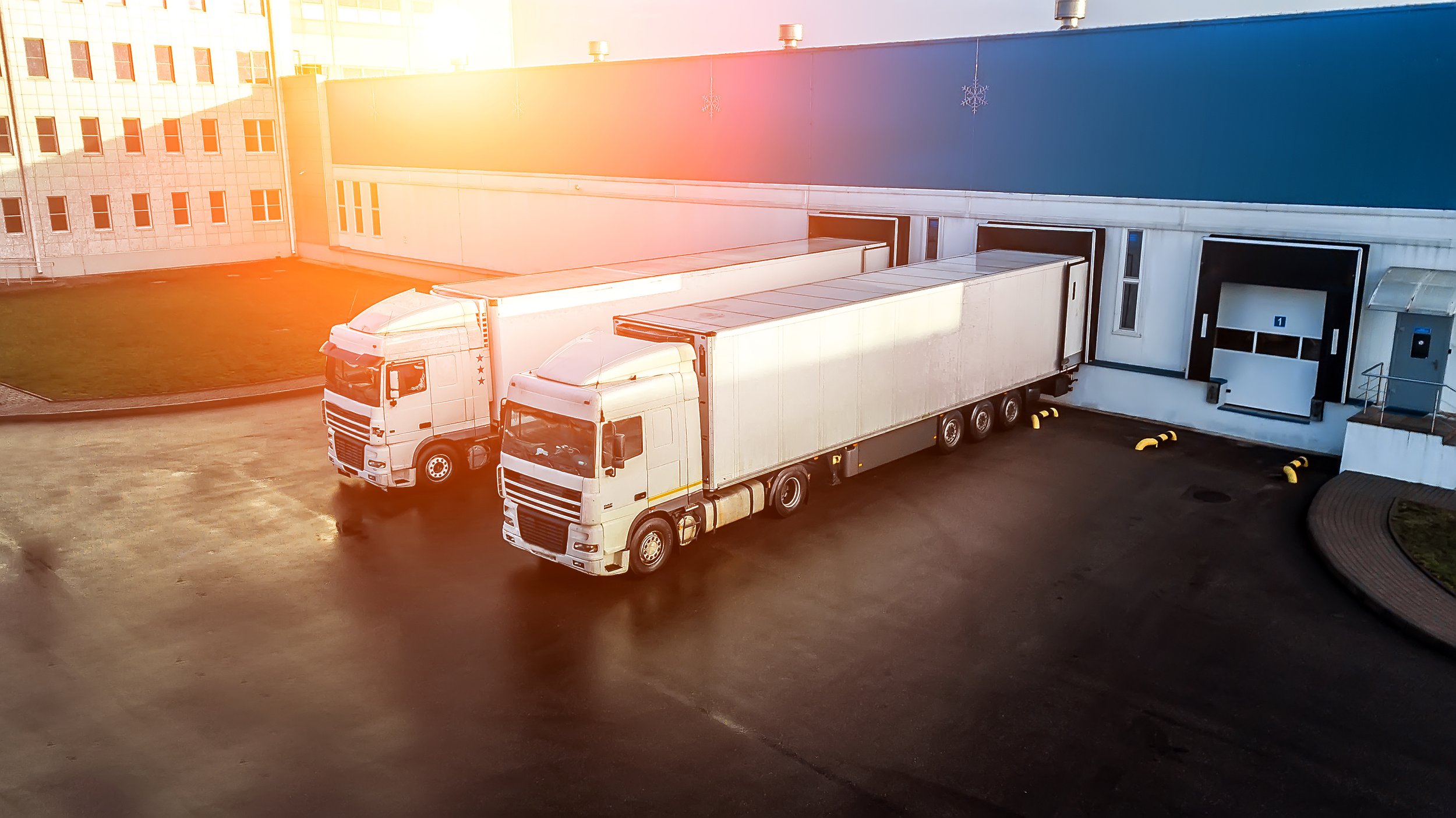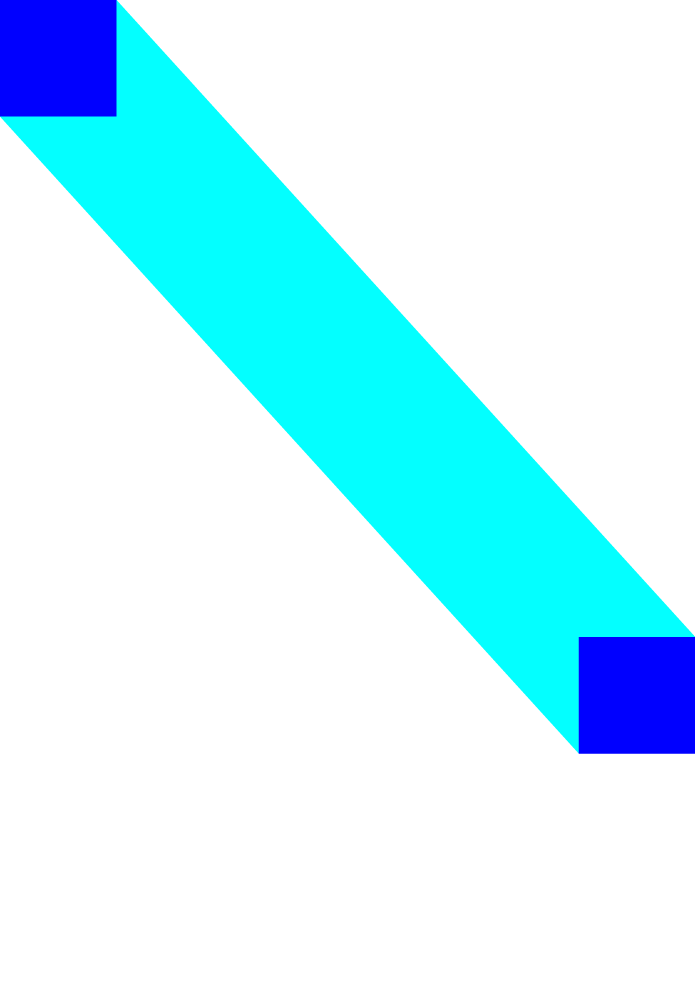
Port Health
Our in-house Customs Clearance and Port Health department provides guidance on port health controls and restrictions for food products imported into the UK.

Port health controls
Food and feed imported to the UK will often undergo port health controls and restrictions implemented by the local port health authorities. Port health authorities are, in most cases, the UK local authority where a port or airport is located.
These measures are designed to safeguard public, environmental, and animal health within the UK. Port health controls include inspections on imported food conducted by specialist-qualified staff such as port health officers and veterinarians among other border checks.

A swift and efficient process
When handling shipments subject to port health restrictions, we leverage our expertise to facilitate a swift and efficient process, keeping our clients informed of their consignment's status every step of the way.
We've developed guidance pages for common imports subject to port health controls and our in-house Customs Clearance and Port Health Department stands ready to address any inquiries, boasting years of experience navigating these regulations.

Organic Products
Border controls are implemented for imported organic products to verify compliance with organic product standards, ensuring their legal sale in the UK. These standards serve to safeguard both manufacturers and consumers alike.
-
Imports of organic products are subject to border controls to ensure that organic consignments comply with organic product standards. These standards need to be met for products to be legally sold as organic in the UK. This is for the protection of manufacturers and consumers.
All food and feed imported as organic and intended for consumption must comply with this legislation.
Present legislation requires the presentation of organic certification which is subsequently verified (subject to an additional verification fee) by the relevant port health authority at the border before the goods are released into free circulation.
Currently this certification is the electronic Certificate of Inspection (e-CoI) which is produced via TRACES NT (Trade Controls and Expert System). Although this is an electronic system, a printed original Certificate of Inspection which is stamped and signed by the issuing authority is required to be presented to the port health authority for verification.
All organic imports are subject to the documentary check. Some imports will also be selected for further identity checks and/or physical examination to ratify the goods comply with regulations.
UK importers are required to be registered with TRACES NT to enable the notification and endorsement of organic consignments.
For more information on organic regulations please speak our in-house Customs Clearance and Port Health department.
Further guidance can also be obtained from the Department for Environment, Food & Rural Affairs (DEFRA):
www.gov.uk/guidance/organic-products-import-them-into-the-uk

Products of Animal Origin (POAO)
Products of animal origin (POAO) encompass goods derived from animals or containing animal-derived ingredients, including food for direct human consumption and associated by-products.
-
Goods derived from animals or containing ingredients derived from animals are known as products of animal origin (POAO). These can include foods for direct human consumption and by-products.
Importers must follow detailed procedures for certain types of POAO. Evidence of specific veterinary or health checks need to be provided to ensure products are allowed entry into the UK. Depending on classification, other documentation may be required.
If you intend to import POAO entry requirements should be carefully checked before the goods are transported, as consignments rejected by port health will either need to be re-exported or destroyed.
In general, POAO must be from an approved supplier. Most consignments will require a Veterinary Health Certificate to accompany the goods. Additionally, a Common Health Entry Document – POAP (CHEDP) will be required; this is produced in the UK before arrival and is then verified by the port health authority.
On arrival at the border, the paperwork and goods will be checked by the port health authority. Overall, three checks will be completed at the Border Inspection Post (BIP) before goods can be released:
Document Check – to ensure any heath certification and associated documents are provided and correct
Identity Check – to ensure the goods are the same as those on the paperwork
Physical Check – a physical examination of the shipment
For more information on regulations for POAO please speak our in-house Customs Clearance and Port Health department.

High Risk Goods
Certain non-animal origin products imported from outside the EU are classified as 'high risk' due to their potential hazard to public and environmental health if they do not meet the same standards as those produced in the UK or EU.
-
Imports of certain non-animal origin products are deemed to be ‘high risk’.
High risk goods are those that could be hazardous to public and environmental health if they have not been produced/manufactured to the same standards as a product produced in the UK.
For these high risk products, port health authorities have strict border controls to ensure that any imports of these consignments are accompanied by the correct documentation indicating they have been produced in accordance with regulatory standards. In some cases imports of certain high risk products may be banned either temporarily or long-term.
In most cases an original Heath Certificate for the goods will be required which is accompanied by a Common Health Entry Document (CHED-D); this is produced in the UK before arrival and is then verified by the port health authority.
A full list of products currently deemed to be high risk can be found using the link below:
www.porthealth.uk/import-guidance/non-animal-origin/aflatoxin-list-copy
For more information on regulations for high risk goods please speak our in-house Customs Clearance and Port Health department.


